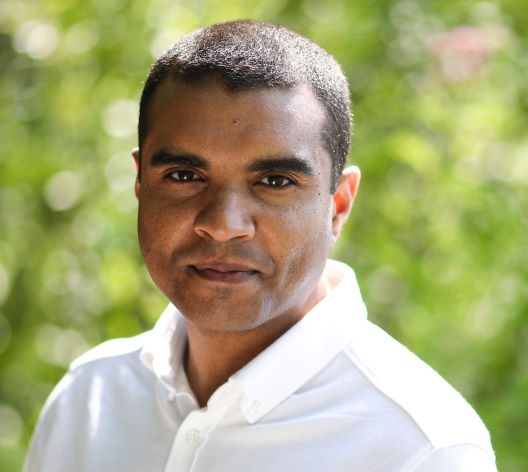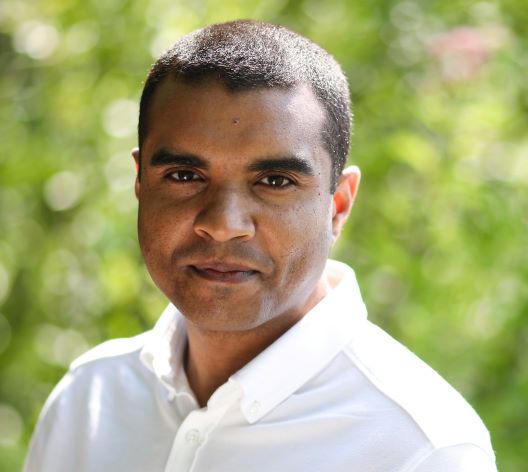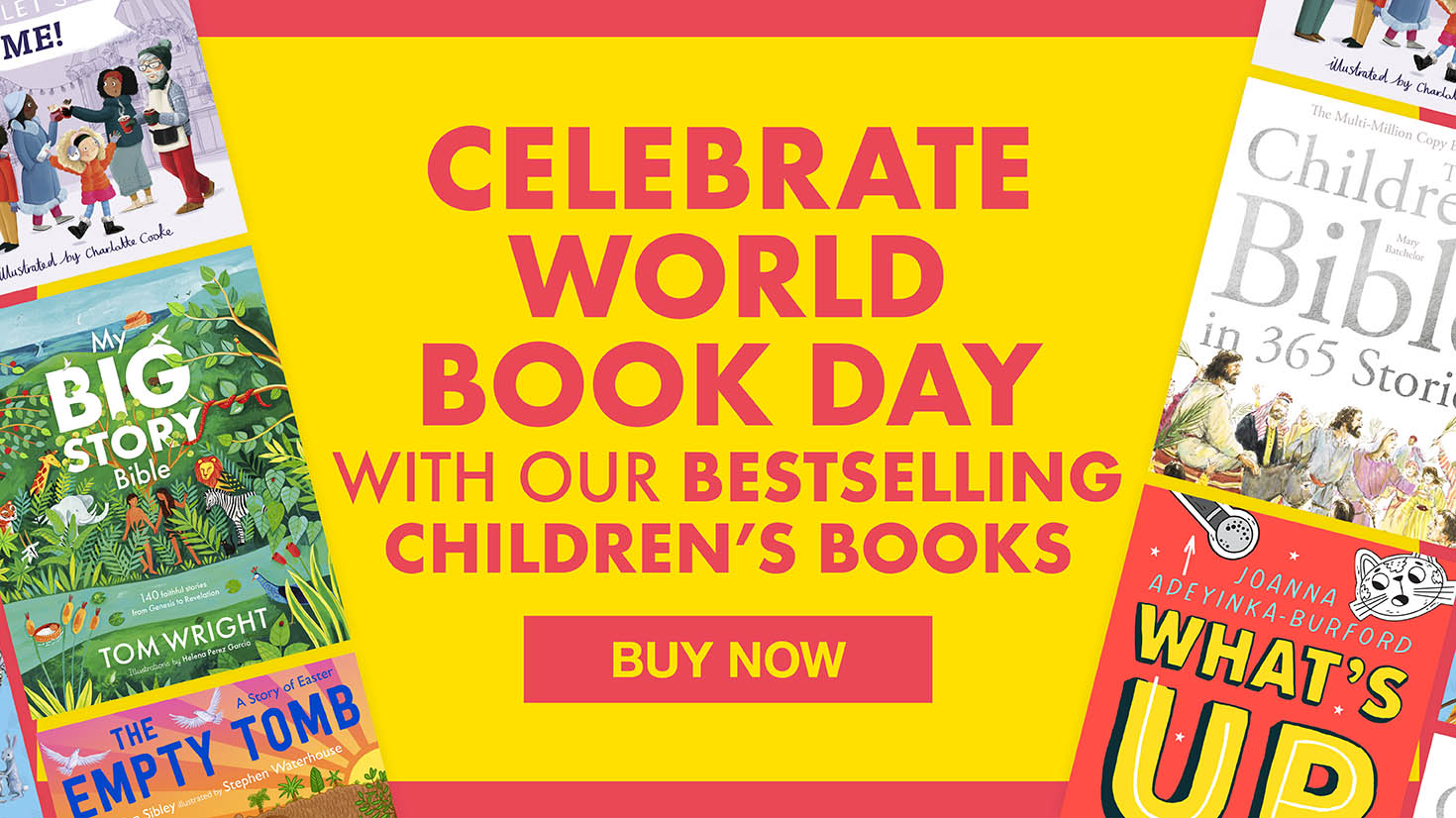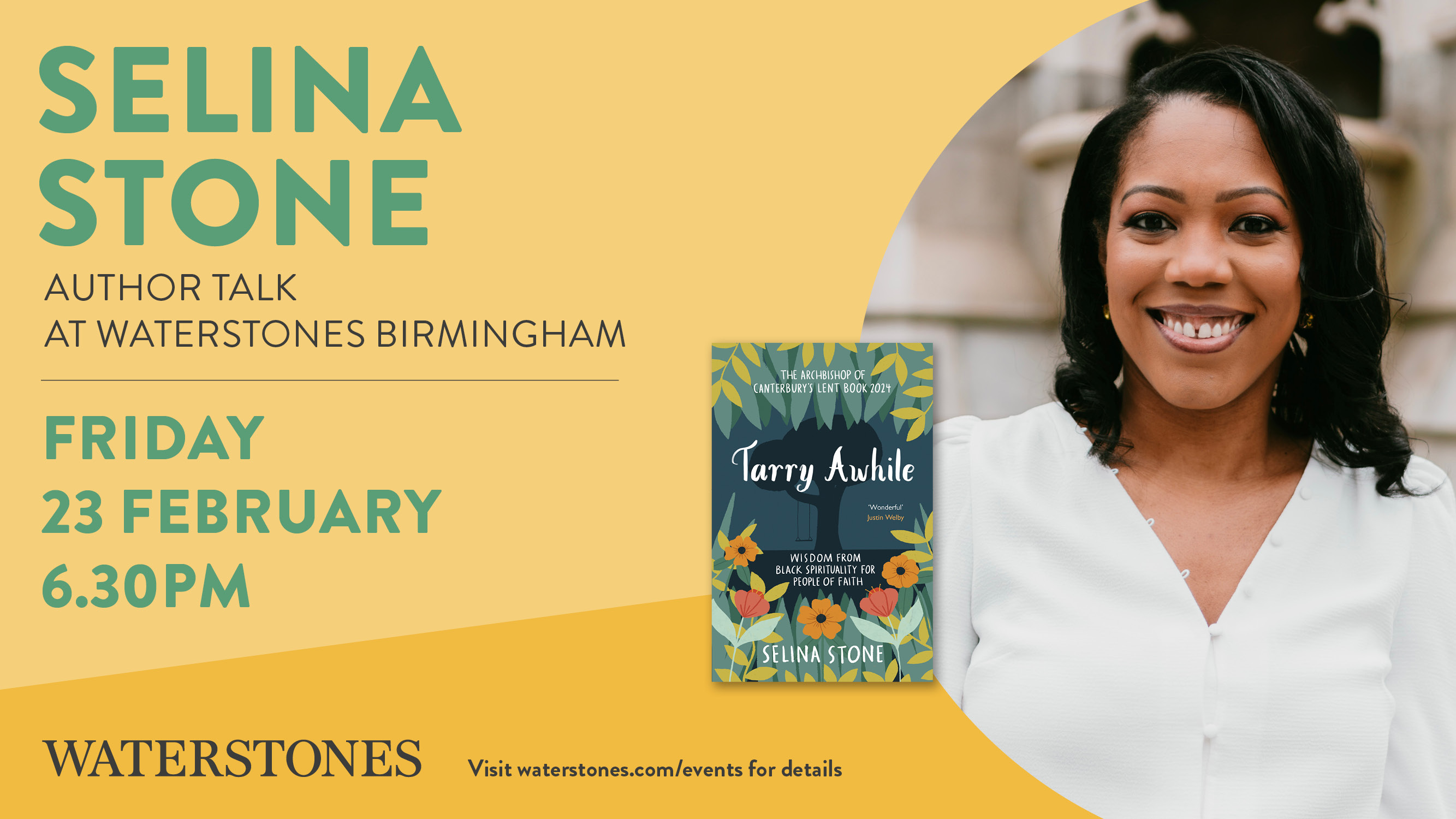We use cookies to make your experience better. To comply with the new e-Privacy directive, we need to ask for your consent to set the cookies. Learn more.
The Importance of Good Mentorship
Christopher Dines is on our blog for Mentoring Day.
Recovery from addiction takes an incredible amount of personal strength and resilience, but it also requires tremendous support from friends, family, and professionals. Having a mentor can make all the difference when healing from an addiction.
We are currently living in an era in which a sense of isolation is prevalent and so-called “toughness” is promoted with a low tolerance for “failure” (hence the common and unfortunate use of the term “loser” when any sign of vulnerability or “weakness” is detected). There is, however, nothing “weak” about taking a good look at ourselves and asking for help. It takes courage to work with someone and get honest about what is really going on in our lives. As a highly social species, we all need support and feedback. We can become emotionally and physically unwell if we become completely self-sufficient and suppress our fears and concerns. Having a mentor and perhaps mentoring others connects us deeply with our own humanness and enhances wellness.
Good mentorship can be wonderfully satisfying for both parties involved. Personally, positive mentorship has changed my life entirely. Mentorship has helped me to develop self-belief and provided me with healthy mirroring. As a person in recovery (abstaining from alcohol, cocaine, marijuana and mind/mood altering drugs) having a recovery mentor (often referred to as a sponsor in the twelve-step community) has helped to guide me through life’s triumphs and tribulations without the need to “numb out”.
Unfortunately, in my teens I developed a tendency to look up to highly dysfunctional elders, which led to seeking their counsel and emulating their behaviour. Almost all of my mentors in my early adolescence were either dependent on A-class drugs or were highly dysfunctional human beings. It goes without saying adopting mentors such as these did not serve me well. As a matter of fact, it almost killed me.
However, when I sobered up aged twenty-one and started attending non-shaming support groups, I was exposed to men and women who had rebuilt their lives. It was a transformative experience and it changed the trajectory of my life. Gradually, my thoughts and feelings about myself and the world changed. My prejudices and petty views were mirrored back to me, which compelled me to soul-search and challenge my belief-system.
The more I evolved, matured and developed greater emotional intelligence, the more I attracted new mentors who were grounded in their unique sense of self. Today I have several mentors for different needs (male and female). They are kind, respectful and wise.
I also have a handful of people that I mentor regularly. The key component of mentorship is not to manipulate or control but rather, to support and encourage. In the words of Steven Spielberg: “The delicate balance of mentoring someone is not creating them in your own image, but giving them the opportunity to create themselves.”
Here are some questions to consider with respect to attracting good mentorship and mentoring others.
Do you currently have a good mentor?
If you do not have a mentor, can you identify what you might look for in a mentor?
Do you have someone in mind that might be able to mentor you?
Are you aware of specific areas in your life you would like to work on and therefore could discuss with a mentor?
What are you current dreams, desires and hopes (consider all elements of your wellbeing)?
Are you currently mentoring?
Have you considered mentoring?
How can you improve the way you mentor others?













